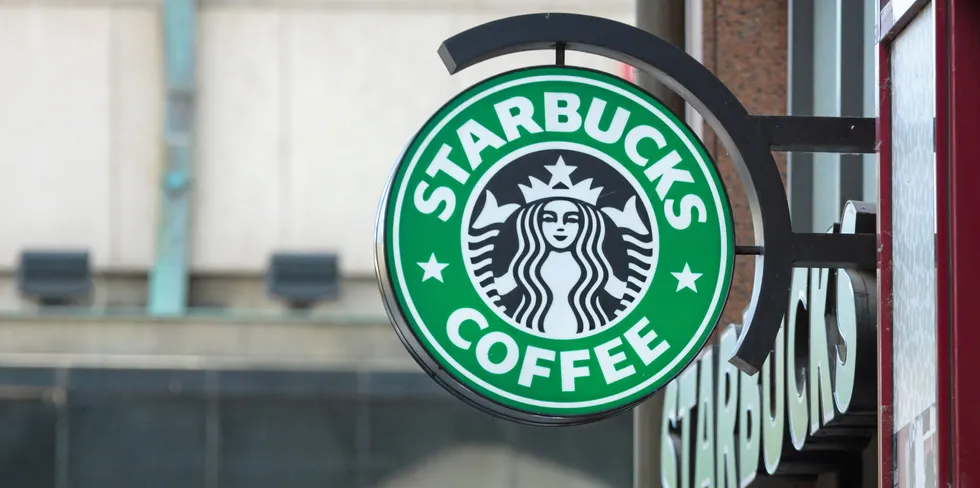Group that brought plant-based 'Spam' to McDonald's lands its seafood at Starbucks
Company has won listings in Whole Foods and other retailers as well in just a few short years.

Company has won listings in Whole Foods and other retailers as well in just a few short years.
